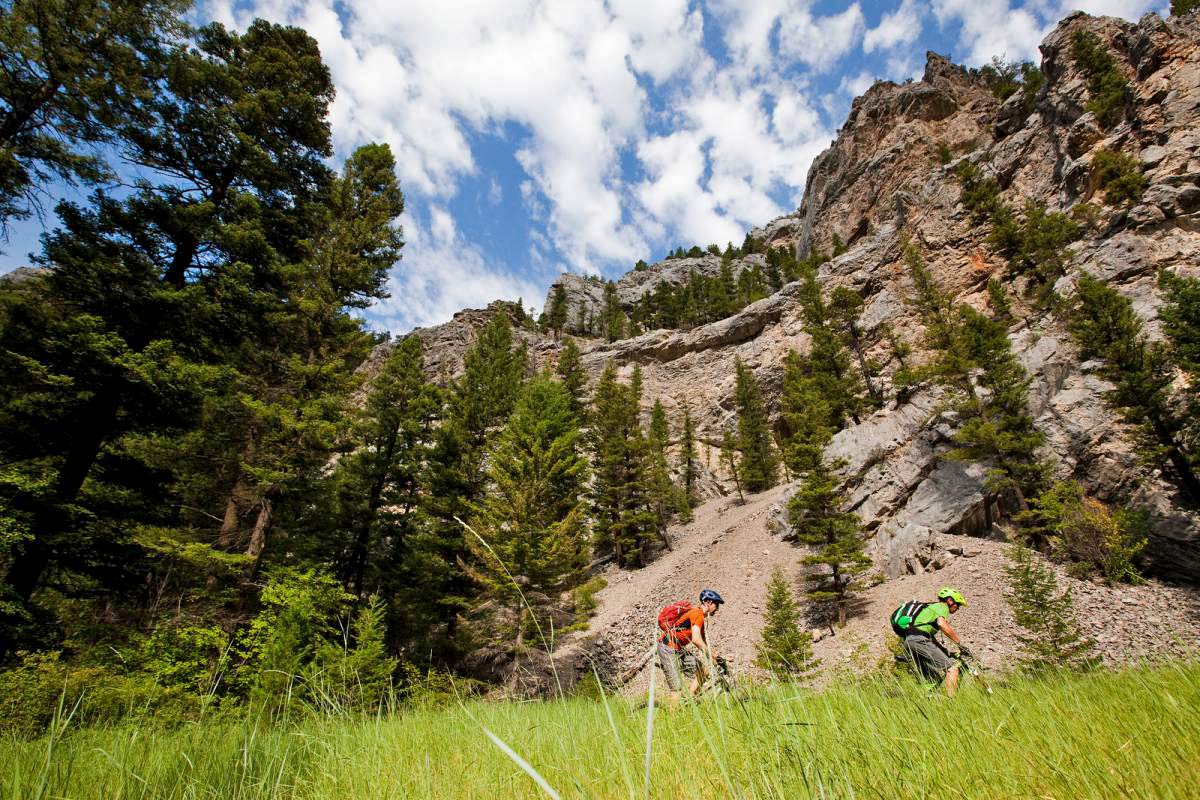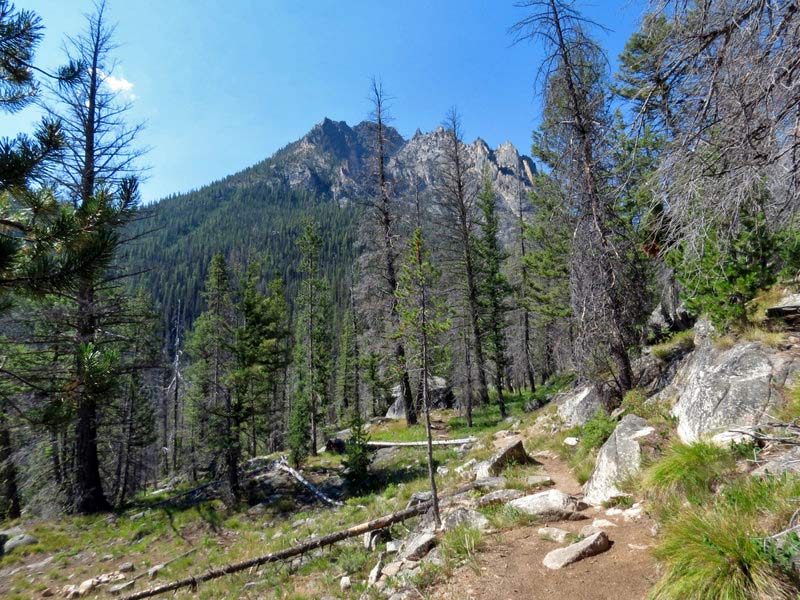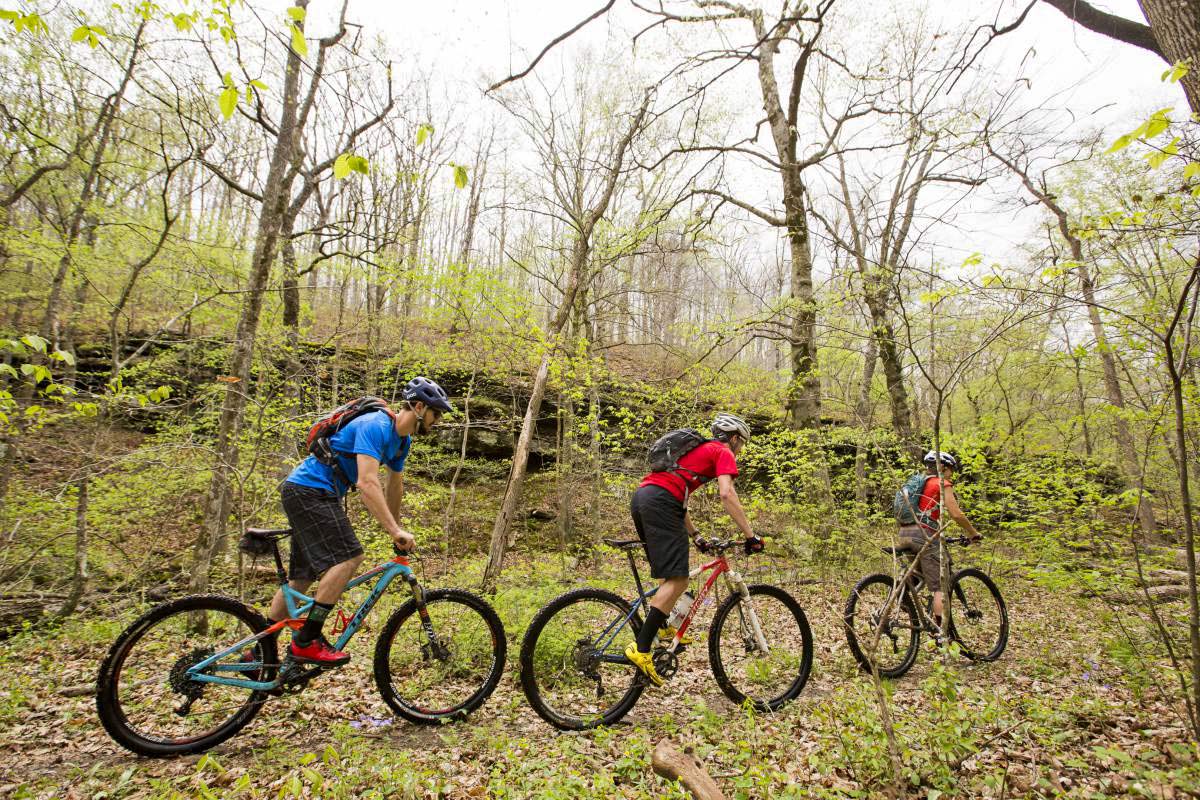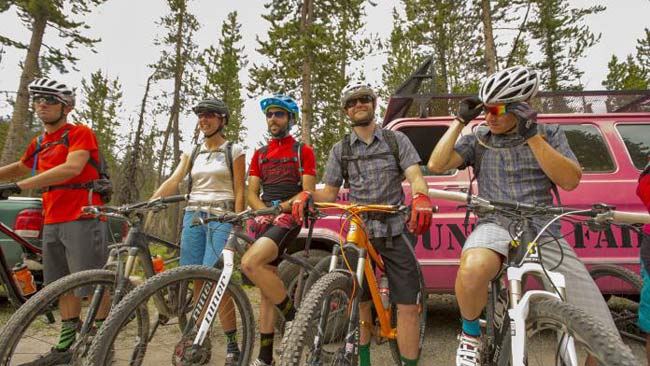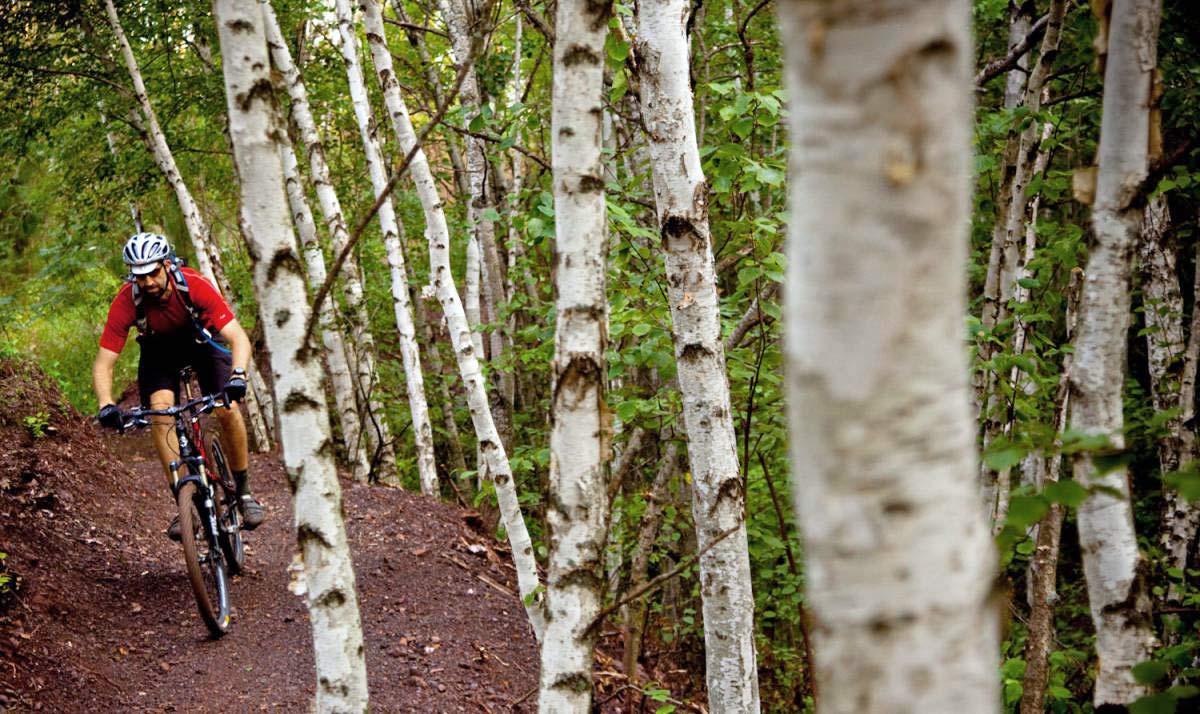The International Mountain Bicycling Association (IMBA) is always out there doing the noble work to promote sensible trail access & advocacy and is now lobbying regarding Wilderness access. Today the US Federal Lands Subcommittee is discussing H.R. 1349 – a proposal that would amend Wilderness Act regulations to permit mountain bike access in designated Wilderness areas. IMBA has in fact submitted testimony NOT SUPPORTING this legislation.
IMBA’s take on H.R. 1349 & bike access to Wilderness areas
So we all know that mountain bikers can be great public land stewards. And as engaged advocates of outdoor recreation, we need to have a say in future trail development. As their communication director puts it, “IMBA’s collaborative approach has proven that when mountain bikers are given a seat at the table in these discussions, important trails can be protected while finding common ground with those who are looking to create new conservation designations.”
But H.R. 1349, submitted by Rep. Tom McClintock (R-CA) would amend the Wilderness Act so that nothing in the law would “prohibit the use of motorized wheelchairs, non-motorized wheelchairs, non-motorized bicycles, strollers, wheelbarrows, survey wheels, measuring wheels, or game carts within any wilderness area.” That of course would mean unprecedented mountain bike access into Wilderness areas. But IMBA doesn’t think that the blanket opening of access respects the Wilderness Act of 1964 and its intention to preserve the wild nature of these areas.
Instead IMBA advocates for a more nuanced “collaborative strategy to protect important trails”. And they will continue work to “promote alternative mountain bike-friendly land protections”. That’s a direct response to concerns IMBA sees with current inconsistent management of access for mountain bikes by the U.S. Forest Service in areas that are already designated as Wilderness Recommended. IMBA doesn’t want to see similar conflicting opinions immediately affect all current Wilderness areas as a result of this new amendment.
IMBA will continue to advocate for collaborative work with trail conservationists, and prefers this collaboration model to be the standard for trail development across the US. They cite successful examples “like the Continental Divide Wilderness and Recreation Act in Colorado and the Blackfoot-Clearwater Stewardship Act in Montana [that] have been widely celebrated and serve as models for how collaborative efforts involving mountain bikers throughout the process can lead to advancing both conservation and recreation.”
“Mountain bikers and the recreation community depend on public lands and thoughtful conservation. Public lands are being threatened at an unprecedented level right now, and it’s imperative that public land users come together to protect these cherished places and offer our voices in this critical dialogue,” said IMBA Executive Director, Dave Wiens. “We know Wilderness hits some mountain bikers’ backyards, and we understand why those riders support this legislation. To continue elevating mountain biking nationally, IMBA must remain focused on its long-term strategy for the bigger picture of our sport.”
Learn more about this and other trail advocacy issues at IMBA.com (and get involved there). Read the full written statement IMBA submitted expressing their opinion not to support H.R. 1349 here. Read the actual text of H.R. 1349 here.
